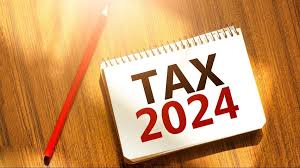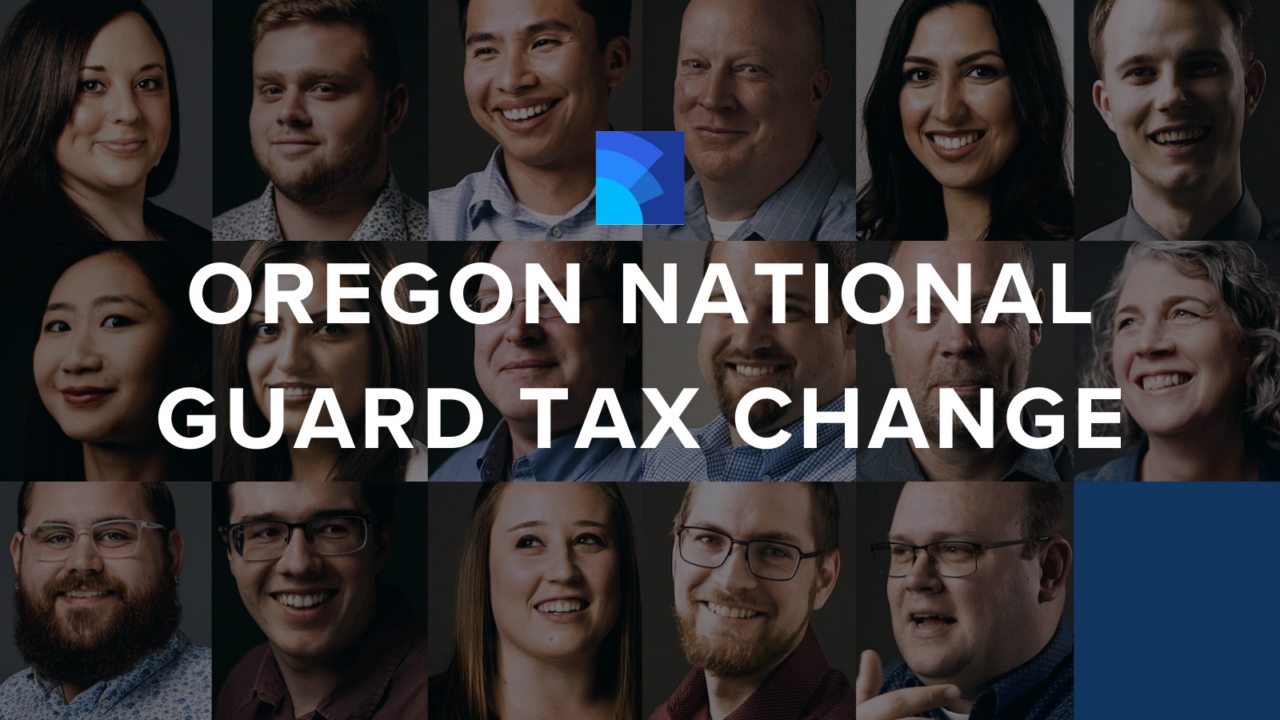Knowing your suppliers is becoming an increasingly important aspect of protecting a company’s brand reputation from risks lurking far beyond the ethical business conduct of its employees. As companies face greater scrutiny and higher market expectations around taking responsibility for the actions of the suppliers a company chooses to do business with, they also face higher levels of risk of impacting their brand.
When thinking about brand reputation, leading practices start with a thorough understanding of the issues that are material to your key stakeholders. In a business-to-consumer delivery model, one of the most important stakeholders a company needs to understand is its consumer. Consumers are generally interested in several things:
- Who made the products that I purchase?
- How/where were the materials utilized by the supplier sourced? And,
- Did the manufacturer of those products share my sustainability-focused values?
A number of publicly available surveys and studies indicate that consumers today do not want their purchasing power to directly or indirectly support greenhouse gas (GHG) emissions, human rights abuses, habitat loss, and loss of biodiversity. Rather, consumers want to know that the products they buy are in some way protective of the environment and support communities both nearby and afar.
Specifically, consumers want to know that their purchasing power is helping to reduce GHG emissions, support water access, availability, and conservation, support safe working environments, protecting sensitive forests and ecosystems, and supporting products free from human rights abuses such as those associated with the utilization of child labor.
With a company’s reputation at stake from so many potential risks, both upstream and downstream in the corporate value chain, it is important that companies consider their supplier relationships and the end-of-life impact of their products. Company leaders should ask themselves the following questions:
- Do you know who your suppliers are?
- Do you understand their values?
- Do your suppliers share the same values as your company and your customers?
- Do your suppliers appropriately evaluate the key suppliers they utilize?
If the answer to any of these questions is no, leaders may have higher risks that need to be understood and managed. They may need to find new suppliers that share company values and have appropriate controls and processes over the suppliers they use as a matter of risk management.
Companies with only a few suppliers often have an easier time discussing reputational risk as a part of their commercial success. However, companies with numerous suppliers and complex value chains will often find it challenging to analyze their procurement process to better understand their suppliers, sourcing locations and issues.
A thorough assessment of a company’s suppliers can help reduce risk, plan for contingencies, build resiliency into its supply chains, and above all – protect its brand.
Written by Timothy Venverlohis. Copyright © 2022 BDO USA, LLP. All rights reserved. www.bdo.com




